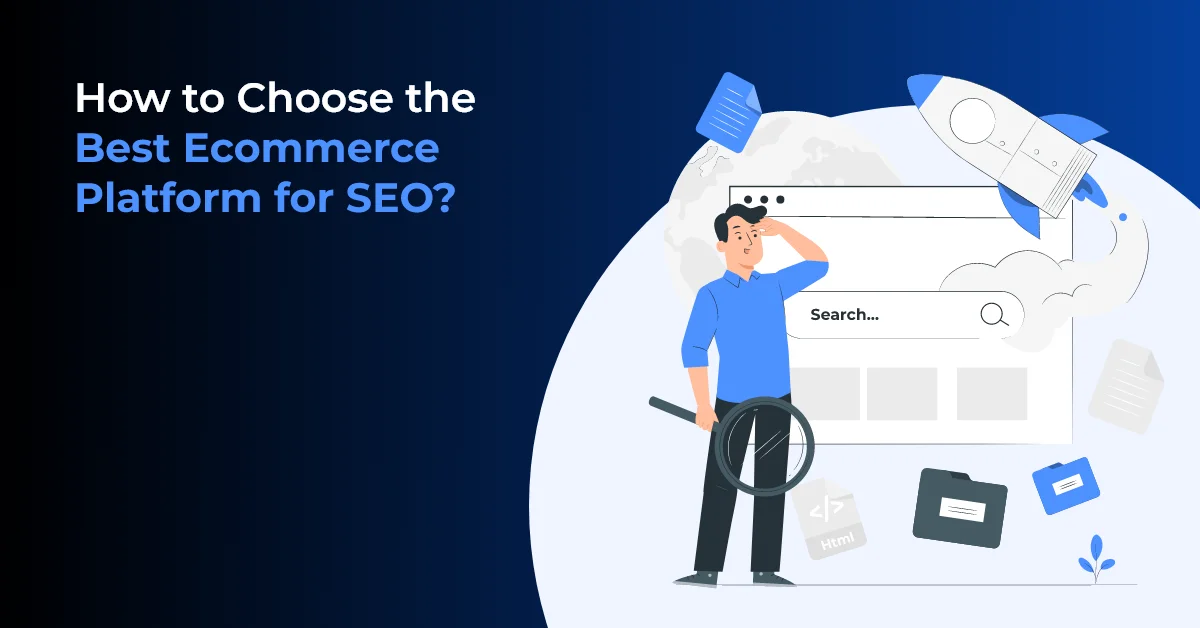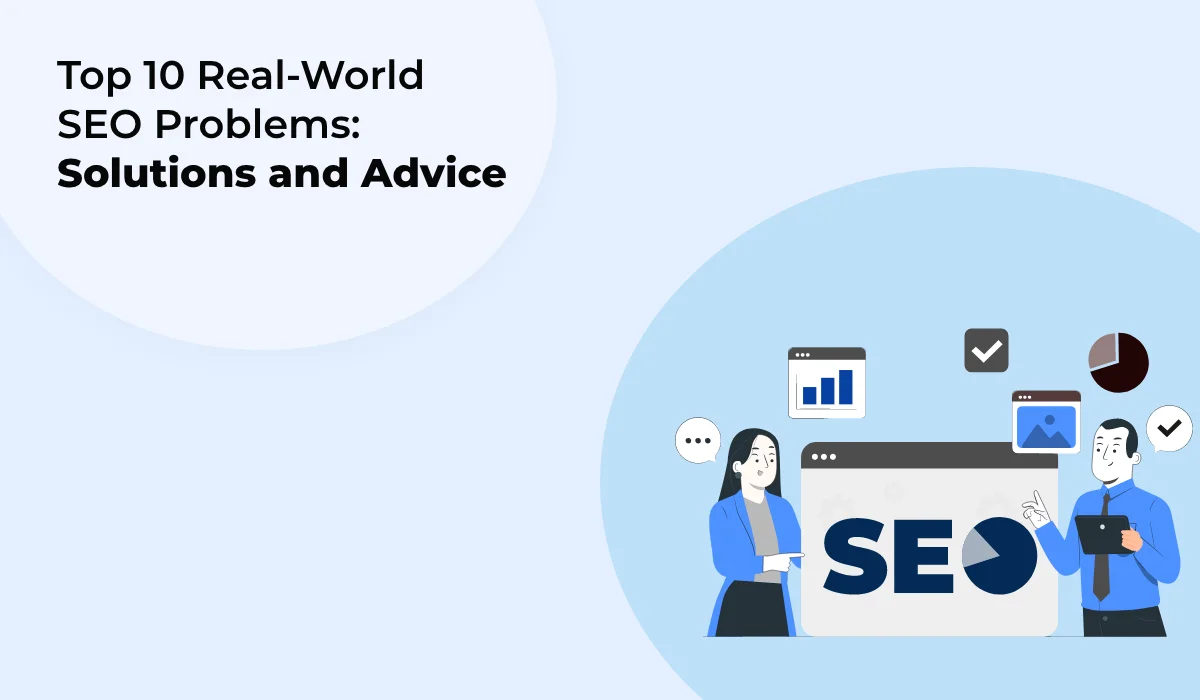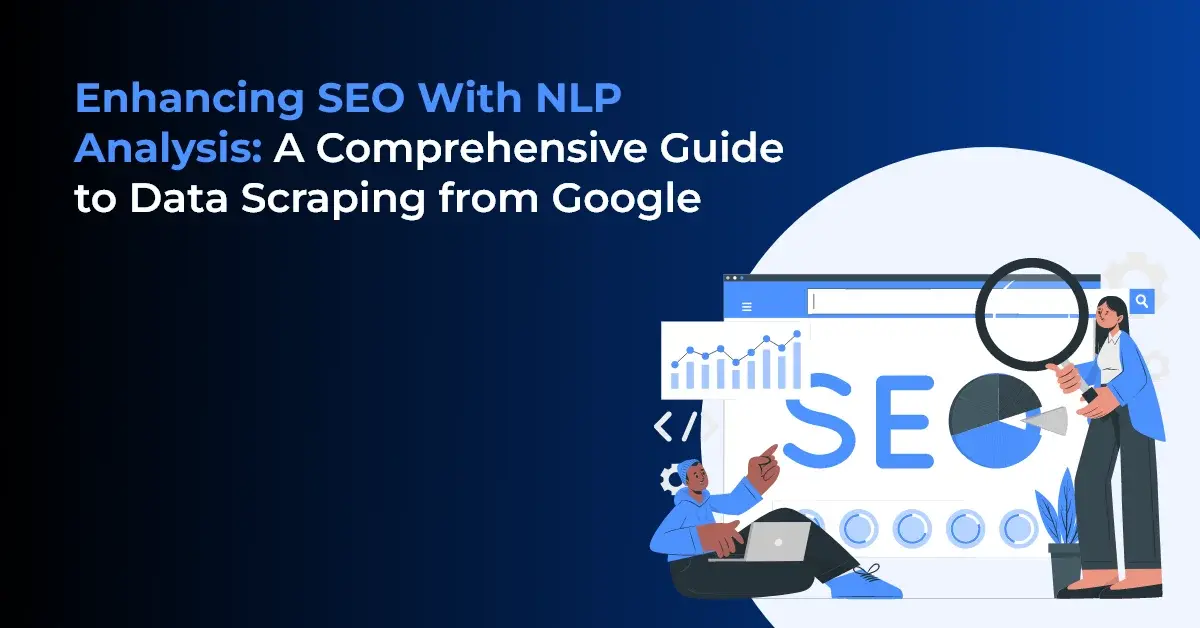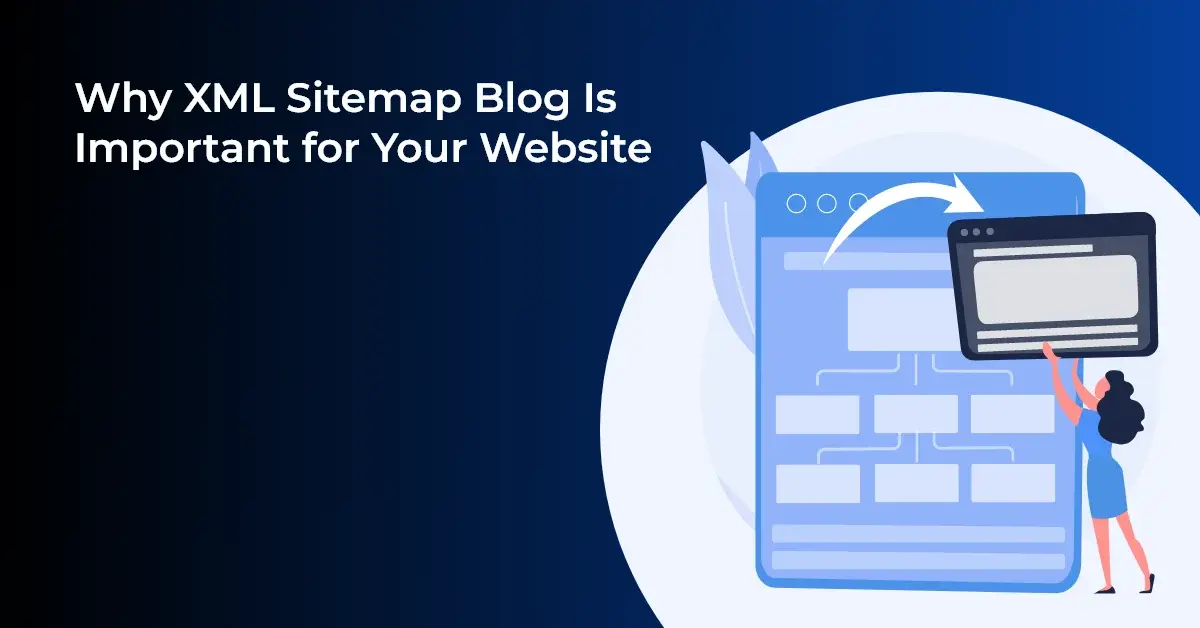How to Choose the Best Ecommerce Platform for SEO?

Published on: March 4, 2021
Updated on: April 15, 2024
300 Views
- SEO (Search Engine Optimization)
7 min read
Hardly anyone would argue that a solid SEO strategy is critical to the success of an ecommerce website. Regardless of the size of your business, you need SEO to maximize your ecommerce website’s profitability. Naturally, it makes us wonder, how should we decide on the best ecommerce platform for SEO?
Identifying the Right Ecommerce Platform for SEO
The right ecommerce platform will allow you to incorporate a variety of features that help optimize your ecommerce store for SEO, thereby bringing in more traffic.
Choosing the best ecommerce platform for SEO involves looking at various factors such as independent navigation links, UX, speed, mobile-friendliness, and meta tags. The one that does well with all of them is the ecommerce platform you need.
Besides, you must also consider a few other factors when selecting your ecommerce platform.
Top 10 Things to Consider To Land the Best Ecommerce Platform for SEO
1. SEO-Friendly URLs
A poor URL structure can create an obstacle for SEO. For example, search crawlers may not be able to index pages, which may lead to poor click-through rates (CTRs). Therefore, you must have an ecommerce platform that supports static, keyword-rich URLs. Here's an example:
- /product-id-342 (bad)
- /blue-denim-jackets (good)
Some ecommerce platforms allow you to automatically generate page URLs by using the same names as the products and product categories in your online store.
For SEO purposes it's preferable to have independent control of the page URLs or you might hurt your page rankings if your URLs are too long or irrelevant. Besides, you might have a different title than what needs to be shown in the URL.
2. 301 Redirects
One of the other things to keep in mind while choosing an e-commerce platform for SEO is that it allows you to set up 301 redirects. Most e-commerce sites generally delete pages when the products go out of stock, or categories are changed, etc.
Using 301 redirects you can redirect the link juice and visitors from the deleted page to a new page.
While most of the e-commerce platforms have the feature to redirect any out-of-date URLs to a new URL, others include this only as a premium feature at an extra cost.
For instance, Shopify includes a tool for it right in the dashboard while a platform like WooCommerce would require a plugin for this.
3. Robots Meta Tag
A robotx.txt file is a file on your web server that notifies a search engine which pages or sections of your website it should, or should not, index.
This allows you to guide search engine bots where not to crawl, which helps preserve precious crawl budgets and avoid consequences as a result of duplicate content.
For an e-commerce store, it is better if the search engine crawls your product and product category pages rather than folders carrying scripts, images, or data. This enhances the chance of your products being indexed by Google and also decreases the bandwidth used by your server.
Usually, self-hosted platforms give more control by allowing direct editing of your own Robots.txt. While platforms like WordPress, Craft Commerce, and BigCommerce allow you to edit Robots.txt, Shopify tends to limit your access.
4. Mobile Friendliness
About 60% of online searches are done on smartphones and tablets. So it's necessary to choose an e-commerce platform that allows customers to access your website and make a purchase on their mobile device.
It should be able to adapt to multiple screen sizes from various mobile devices such as large smartphones to phablets. This is not only essential for an e-commerce business but also any online business.
Every e-commerce website should be set up with accelerated mobile pages as it can greatly impact the customers who access your website through various mobile devices.
5. Site Speed
Site speed is a huge ranking factor for SEO whether it's your e-commerce site or any other blog. Fast-loading websites are better for users and can lead to higher conversion rates.
If you are going for self-hosted software, look for a platform with fast, efficient code with the ability to implement Google’s performance best practices. Your hosting solution is going to determine your page load speeds, hence the speed of your e-commerce platform.
6. Automated XML Sitemaps
Adding an XML sitemap helps Google locate, crawl, and index new pages more quickly. An e-commerce platform with automatic XML sitemap generation makes creating and updating your Sitemap a lot easier.
Many e-commerce platforms do offer automated XML sitemaps, while others only offer this as a premium add-on at an additional cost. You can also submit your XML sitemap to Google through the Google Webmaster Tools module.
7. Independent Image ALT Tags
This basic feature for an SEO-friendly ecommerce platform can make a huge difference. The ability to edit your image alt tags can help with rankings in search results.
Optimized images are extremely beneficial as you can use them as a part of your approach to keyword targeting for the products you are displaying.
GoDaddy doesn't have a feature to include an alt image tag in its website builder. While PrestaShop does allow you to add alt tags, the best functionality comes from an app. OsCommerce and ZenCart offer this feature with additional customization or as an add-on.
8. Google Analytics for Ecommerce
While many platforms support basic Google Analytics code, they do not support Google Analytics ecommerce tracking. Make sure that the e-commerce platform you are going to choose supports “Google Analytics e-commerce transaction tracking.”
This is not strictly an SEO feature, but it can help you to make better SEO decisions by linking revenue to particular keywords and landing pages.
9. Meta Description Control
It's been really long since Google announced that meta descriptions may not directly influence rankings, but they can influence SERP click-through rates.
Some e-commerce platforms automatically use the content displayed on the page to generate a default meta description without giving you the option to individually control the text that appears with your Google listing.
Choose a platform that allows you to edit the meta description for each individual page.
ZenCart allows you to include meta descriptions but it lacks the full customization needed for most stores. BigCartel uses the meta descriptions based on your product pages, once again eliminating the full customization aspect.
OsCommerce does offer this feature but only as an additional add-on, or you can modify the meta description using manual coding.
10. Support & Scalability
When things go wrong, you would require a platform that provides you with the necessary support to help you resolve the problem or issue.
It's better to go with the ones that provide 24-hour emergency support and can be contacted through various channels including email, webchat, or by phone.
Furthermore, as your business evolves, you will need your ecommerce platform to progress with you. Since the e-commerce platform is the core of your business, it's essential to have one that won't hinder the growth of your business.
Wrapping Up
So these were our tips on how to choose the best ecommerce platform for SEO. The bottom line is, selecting an e-commerce platform just based on their popularity is not the most reliable way. You need to go with the one that aligns with the outcomes and objectives you have set for your business.
Feel free to connect with our eCommerce marketing experts for any queries or more info!



